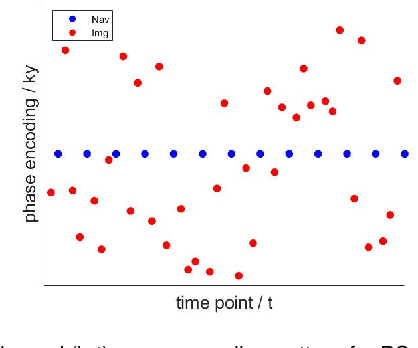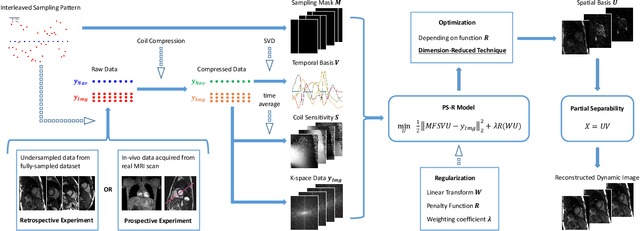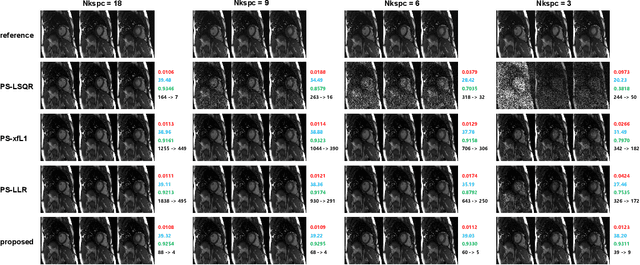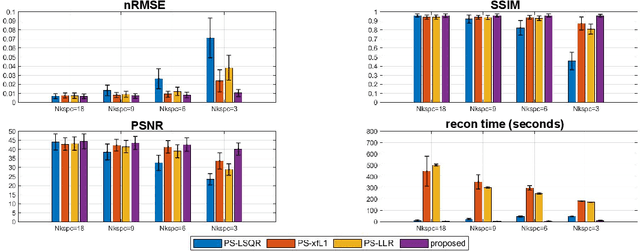Haining Wei
Prototype Knowledge Distillation for Medical Segmentation with Missing Modality
Mar 17, 2023Abstract:Multi-modality medical imaging is crucial in clinical treatment as it can provide complementary information for medical image segmentation. However, collecting multi-modal data in clinical is difficult due to the limitation of the scan time and other clinical situations. As such, it is clinically meaningful to develop an image segmentation paradigm to handle this missing modality problem. In this paper, we propose a prototype knowledge distillation (ProtoKD) method to tackle the challenging problem, especially for the toughest scenario when only single modal data can be accessed. Specifically, our ProtoKD can not only distillate the pixel-wise knowledge of multi-modality data to single-modality data but also transfer intra-class and inter-class feature variations, such that the student model could learn more robust feature representation from the teacher model and inference with only one single modality data. Our method achieves state-of-the-art performance on BraTS benchmark.
Accelerated partial separable model using dimension-reduced optimization technique for ultra-fast cardiac MRI
Oct 02, 2022



Abstract:Partial separable(PS) model is a powerful model for dynamic magnetic resonance imaging (MRI). PS model explicitly reduces the degree of freedom in the reconstruction problem, which is beneficial for high temporal resolution applications. However, long acquisition time and even longer reconstruction time prohibit the acceptance of PS model in daily practice. In this work, we propose to fully exploit the dimension-reduction property to accelerate the PS model. We optimize the data consistency term, and use a Tikhonov regularization term based on Frobenius norm of temporal difference, resulting in a totally dimension-reduced optimization technique. The proposed method is used for accelerating the free-running cardiac MRI. We have performed both retrospective experiments on public dataset and prospective experiments on in-vivo data, and compared the proposed method with least-square method and another two popular regularized PS model methods. The results show that the proposed method has robust performance against shortened acquisition time or suboptimal hyper-parameter settings, and achieves superior image quality over all other competing algorithms. The proposed method is 20-fold faster than the widely accepted PS+Sparse method, enabling data acquisition and image reconstruction to be completed in just a few seconds.
 Add to Chrome
Add to Chrome Add to Firefox
Add to Firefox Add to Edge
Add to Edge